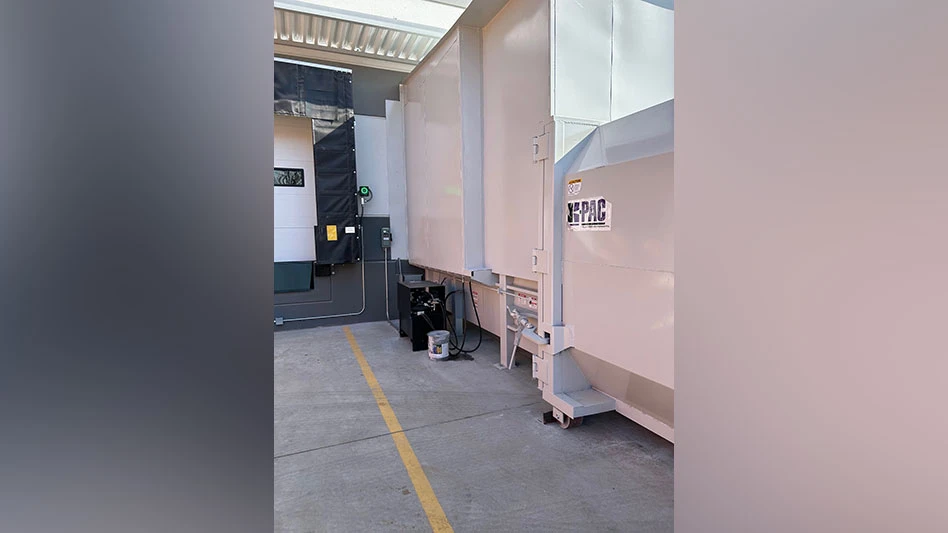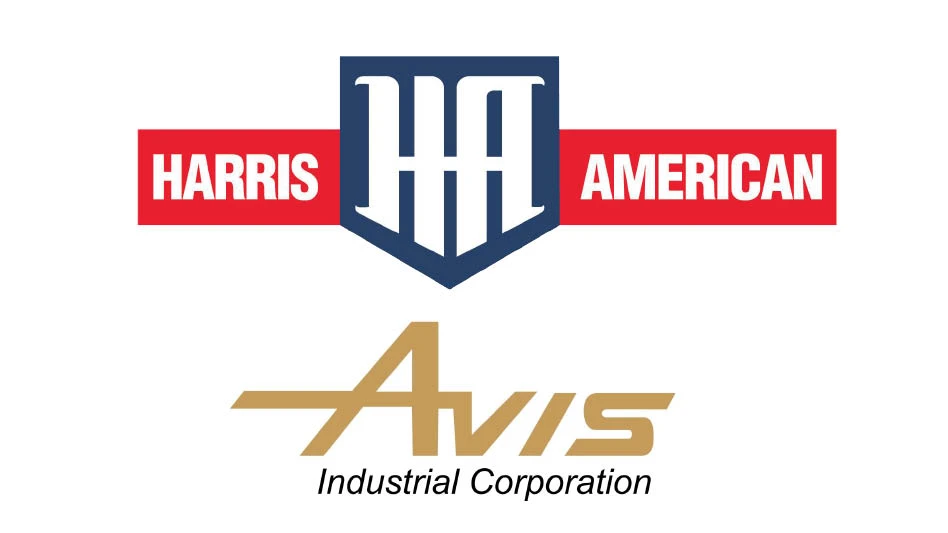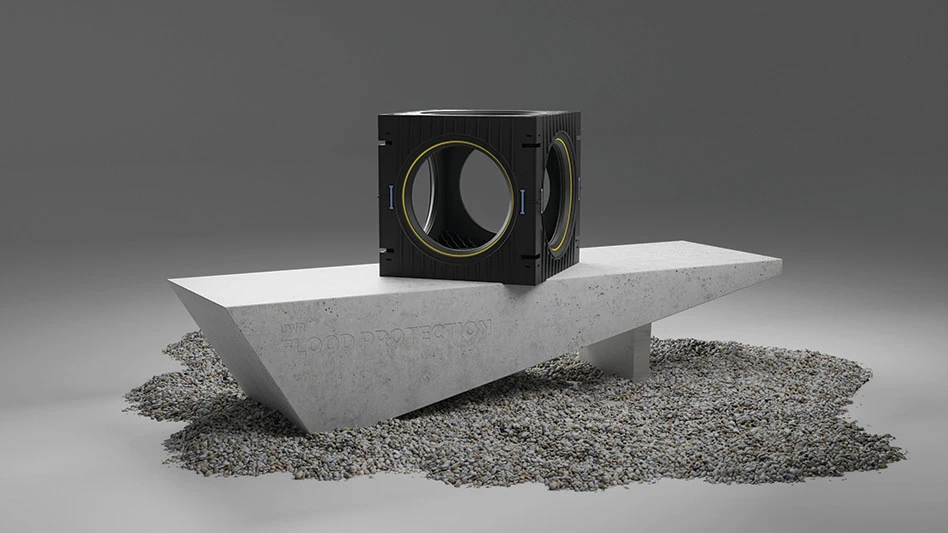
ako-photography | stock.adobe.com
The European Recycling Industries' Confederation (EuRIC) and the Bureau of International Recycling (BIR), both based in Brussels, are "profoundly concerned" about the conclusions reached during the Summit on the Future of the European Steel Industry on Feb. 27 in Paris.
Of particular concern, they say, is the intention expressed by representatives of Belgium, Italy, France, Luxembourg, Romania, Slovakia and Spain to "secure access to raw materials while retaining steel scrap within the EU" and the proposal to "restrict or ban exports to third countries that do not adopt environmental and production legislation similar to that of Europe."
As the European and global voices of the recycling industry, EuRIC and BIR say they collectively represent the interests of thousands of recycling companies. EuRIC, through its member federations across 23 EU and the European Free Trade Association countries of Iceland, Liechtenstein, Norway and Switzerland, says it contributes significantly to the European economy with a turnover of more than 95 billion euros, providing more than 300,000 green jobs across Europe. BIR represents more than 30,000 global companies through 36 national member associations and more than 1,000 direct corporate members across 71 countries.
These proposals are based on demonstrably incorrect premises that require immediate correction, EuRIC and BIR say.
The European recycling industry processes more than 100 million metric tons of steel annually, with approximately 80 percent of this total output consumed domestically. The remaining 20 percent is exported because the EU lacks the capacity to use all the available recycled steel. This is not "leakage" but rather an efficient allocation of resources in a functioning market, BIR and EuRIC say.
Recycled steel is exported because it is a commodity with recognized value in global markets, the organizations say. Decades of experience through established recycling supply chains and stable international trade have enabled European recycling companies to become world-leading facilities that set global standards for efficiency and environmental performance, BIR and EuRIC add.
Rather than pursuing counterproductive trade restrictions, BIR and EuRIC are proposing solutions they say would promote circular steel economies:
- creating lead markets for circular steel through mandatory recycled content targets in key sectors;
- implementing public procurement policies that prioritize recycled materials;
- supporting investment and R&D for the recycling industry; and
- ensuring recyclers are meaningfully included in policy discussions and decision-making processes.
EuRIC and BIR say they believe well-functioning markets, not artificial barriers, are the foundation of environmental progress and they invite all stakeholders—producers, consumers and policymakers—to engage in evidence-based dialogue that recognizes the essential role recyclers play in building a more sustainable future.
With the adoption of the Waste Shipment Regulation (WSR), metal recyclers will face increased challenges when exporting recycled steel, according to the organizations. “Bureaucratic and stringent control measures on valuable recycled steel represent an obstacle towards increased circularity. Implementing additional export restrictions, when no material shortage exists, would artificially suppress prices of recycled steel,” they say.
Introducing such barriers will lead to counterproductive results that the organizations say include reduced collection and processing rates of metal “waste” as economic incentives diminish, decreased investment in recycling infrastructure, numerous recycling companies exiting the market as their business models become unsustainable and a reduction in material availability as the recycling ecosystem shrinks.
The suggestion that exported recycled steel contributes to environmental degradation in receiving countries fundamentally misrepresents the nature of the material, EuRIC and BIR add. Rather than fitting the definition of what is commonly refined as waste, recycled steel is a valuable commodity, used as feedstock for steel manufacturing worldwide.
Sponsored Content
Still relying on manual sorters?
Let AI do the heavy lifting. Waste Robotics delivers reliable, high-performance robots tailored for complex waste streams. They require minimal maintenance, are easy to operate, and are designed to boost your recovery rates. Smarter sorting starts with the right partner. Waste Expo Booth #1969 & REMA #2843
Click here to see our robots in action!Cutting off access to European recycled steel would force many global producers to revert to more carbon-intensive basic oxygen furnace production, they say, dramatically increasing global emissions and openly contradicting Europe's climate leadership ambitions.
Get curated news on YOUR industry.
Enter your email to receive our newsletters.
Latest from Recycling Today
- Enfinite forms Hazardous & Specialty Waste Management Council
- Combined DRS, EPR legislation introduced in Rhode Island
- Eureka Recycling starts up newly upgraded MRF
- Reconomy Close the Gap campaign highlights need for circularity
- Nickel carbonate added to Aqua Metals’ portfolio
- EuRIC, FEAD say End-Of-Life Vehicle Regulation presents opportunity for recyclers
- Recyclers likely to feel effects of US-China trade war
- BCMRC 2025 session preview: Navigating battery recycling legislation and regulations








